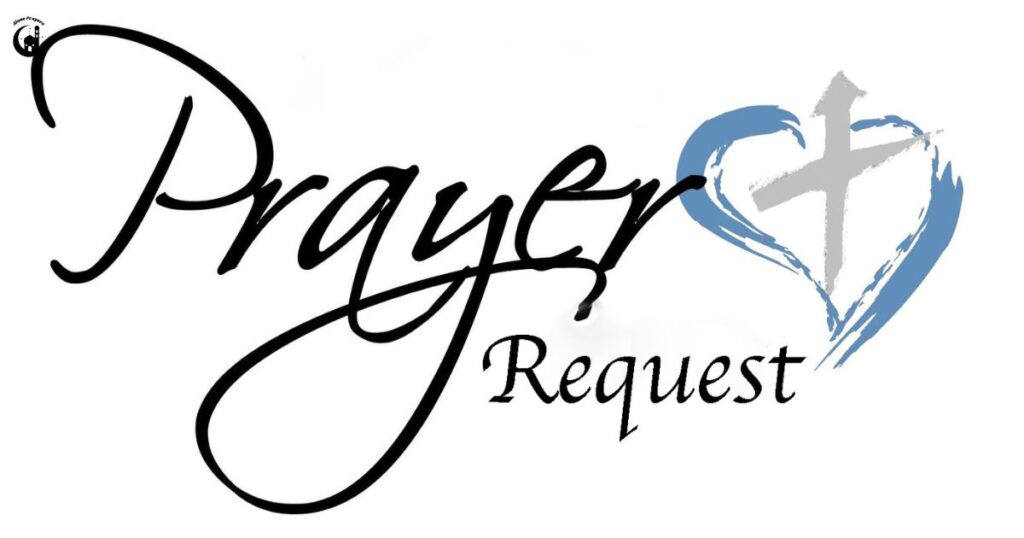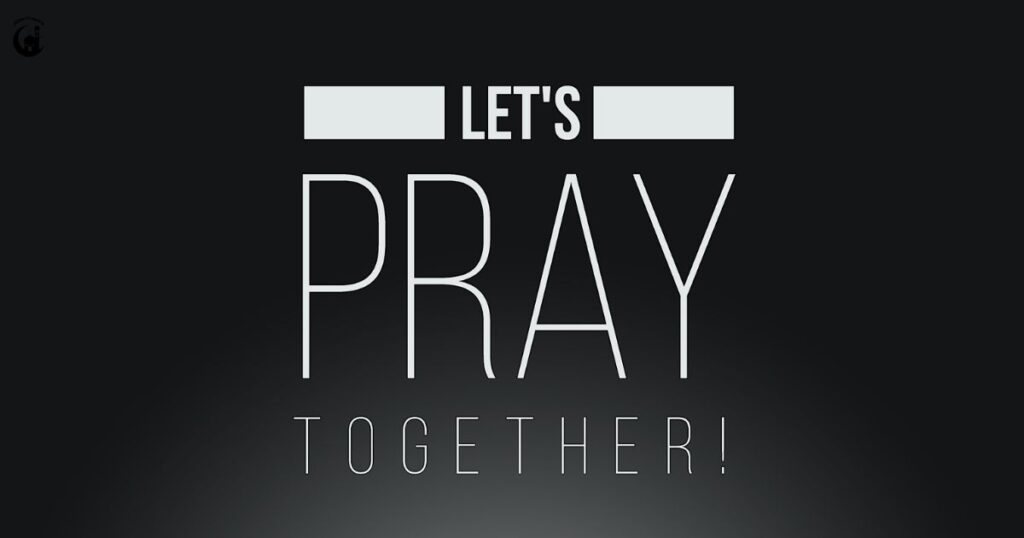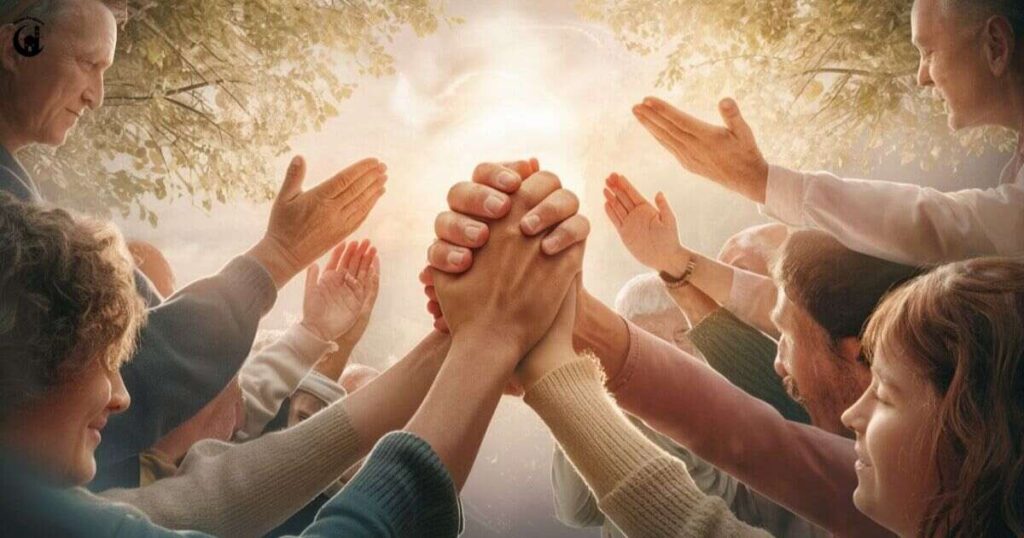The Black community carries wounds that span generations. From slavery to segregation, from police brutality to daily microaggressions, our people have endured trauma that doesn’t just disappear. We’ve built resilience, yes. We have created movements that changed history. But strength doesn’t mean we’re not hurting inside. This prayer is for every Black brother and sister who feels broken, anxious, or overwhelmed.
It is for those who have been told to “be strong” when they need permission to fall apart. We’re addressing something rarely discussed in our churches and families: mental health in the Black community. It’s time we pray not just for external justice but for internal healing. This is not weakness, it is the bravest thing we can do. Through faith, vulnerability, and collective prayer, we’ll find the wholeness God intended for us.
Mental Health in the Black Community

The statistics are heartbreaking. Only one in three Black Americans who need mental health care actually receives it. Two-thirds of our brothers and sisters are suffering in silence. They’re battling depression, anxiety, PTSD from racial trauma, yet they never get help.
Black people living with mental illness, particularly bipolar disorders, schizophrenia, and other psychoses face incarceration at higher rates than any other racial group with similar conditions. Instead of receiving treatment, they’re being criminalized. The system that should heal them locks them away.
The stigmatization around mental health in our community runs deep. We’ve inherited beliefs that therapy is for “crazy people” or that admitting struggle means you lack faith.
Many of us grew up hearing phrases like “Just pray about it” or “Black people don’t get depressed.” These spiritual euphemisms sound holy but they’re harmful. They shame people into silence.
The Church should be a sanctuary for the hurting. Sometimes it is. But too often, church spaces carry the same stigmas as the broader culture. People fear being labeled “angry” or “aggressive” when they express legitimate pain.
Racial tension in America hasn’t decreased; it’s simply become more visible. Every viral video of injustice reopens old wounds while creating new ones. Every news cycle brings fresh racial trauma that compounds what we’ve already endured.
Mental wellness is not a luxury, it is survival. We can’t pour from empty cups. We can not fight for justice while ignoring the war within our own minds.
Dear God
We come before you now with heavy hearts and honest spirits. We’re tired of pretending everything’s okay when it’s not. We’re exhausted from carrying burdens we were never meant to bear alone.
Lord, we need you. Not the sanitized version of faith that demands perfection. We need the God who sees the brokenhearted and doesn’t turn away.
Prayer for Unity

Lord, bring us together as a Black community united in purpose and healing. We have been divided for too long by denominational differences, by respectability politics, by who is “woke” enough or “spiritual” enough.
Reignite faith in the mental health sphere. Help us see that therapy is not betrayal of our trust in you. Show us that medication can be your provision, that counselors can be your instruments of healing.
We are tired of hiding behind the mask of being “strong.” That mask is suffocating us. Give us courage to admit when we’re struggling, when we’re anxious, when we can’t take another day of racial tension without breaking down.
Stop the labels that silence us. When we express pain from centuries of oppression, don’t let others dismiss us as “angry” or “aggressive.” Our anguish is valid. Our trauma is real.
Unite us, Lord. Not in shallow agreement but in deep compassion for each other is journeys. Let us become the beloved community you envisioned, one where burdens are shared, where tears are honored, where healing happens collectively.
These powerful black prayers emerge from our collective experience. They carry the weight of our history and the hope of our future.
Prayer for Your Guidance
Father, help us embrace who you created us to be. We are not mistakes. We are not afterthoughts. You formed us intentionally, beautifully, powerfully.
Lead us into the abundant life Jesus died to give us. Not just success or achievement, but true peace, the kind that settles in your bones and tells you you’re enough exactly as you are.
Help us understand that true justice comes when we uplift one another. Judgment of struggling people doesn’t bring change, it brings more pain. When someone shares their battle with mental illness, our response should be empathy, not evaluation.
These blessing African American prayers connect us to generations who survived impossible circumstances.
Prayer for Your Understanding

Lord, help us truly grasp that “The Lord is near to the brokenhearted and saves the crushed in spirit” (Psalm 34:18). You don’t distance yourself from pain you move toward it.
Transform our understanding of weakness and strength. Show us that talking about our struggles with mental health isn’t weakness but wisdom. Vulnerability is our greatest strength because it opens doors for authentic connection and genuine healing.
Break the lie that you care more about our accomplishments than our hearts. You’re not impressed by our degrees, our titles, or our public image. You care about the private battles we’re fighting.
Gaining external justice at the expense of internal freedom is not justice at all; it is just switching chains. We need both. We can fight for systemic change while also addressing our individual mental wellness.
Help us reject the stigmatization that keeps us sick. Give us boldness to schedule therapy appointments, to take prescribed medications, to set boundaries that protect our peace.
African American prayers and blessings have always acknowledged our full humanity. Our ancestors understood that faith doesn’t deny reality; it redeems it.
Thank You, Lord
Gratitude for Unconditional Love
Jesus, thank you for showing us there are no racial barriers in your love. Romans 8:38-39 promises that nothing, not death, not life, not angels, not demons, not present, not future can separate us from your love. Not our skin color, not our history, not our mental illness, not our struggles.
I am grateful I can cry out about the need for healing in the Black community with assurance you’re listening. You don’t tell us to calm down or get over it.
Asking for Forgiveness
Forgive us, Lord, for believing that managing mental health made us weak and “crazy.” Forgive us for internalizing lies about our worth and our struggles.
Please forgive us for being quick to judge others when they share experiences with mental illness. We have dismissed real pain with spiritual euphemisms like “just have more faith” or “you are not praying hard enough.”
In God’s Name, I Pray, Amen.
Read Related Article: 10 Prayers from Psalm 91: Your Shield Against Life’s Storms
Conclusion
The journey toward mental wellness in the Black community would not happen overnight. Centuries of racial trauma do not heal in a single prayer or therapy session. But every journey begins with a single step, and this prayer can be yours. We have carried impossible burdens with remarkable strength, but we were never meant to carry them alone. God walks with us.
Our ancestors’ spirits surround us. Healing requires vulnerability, faith, and persistence. It demands we challenge stigmatization while extending grace to ourselves and others. As you continue this journey, remember that seeking mental health care is not betrayal of faith, it is practicing the self-love God commands. You deserve peace, wholeness, and joy. May these African American prayers guide you toward the abundant life Jesus promised.
FAQs
Why is mental health stigmatized in the Black community?
Historical distrust of medical systems, cultural beliefs about strength, limited access to culturally competent care, and spiritual misconceptions contribute to ongoing stigmatization within Black communities.
Can prayer replace therapy for mental health issues?
Prayer is powerful but complements professional treatment rather than replacing it. Combining faith-based support with therapy and medication offers the most comprehensive healing approach available.
What are spiritual euphemisms in mental health discussions?
Phrases like “just pray harder” or “you lack faith” dismiss real mental illness. They replace medical understanding with shame, preventing people from seeking necessary professional help.
How does racial trauma affect mental health?
Racial trauma from discrimination, police brutality, and systemic racism causes PTSD, anxiety, and depression. Cumulative exposure to racism creates chronic stress affecting both mental and physical health.
Where can Black people find culturally competent mental health care?
Therapy for Black Girls, Black Mental Health Alliance, and National Alliance on Mental Illness offer directories. Many therapists now specialise in racial trauma and culturally responsive treatment approaches.
